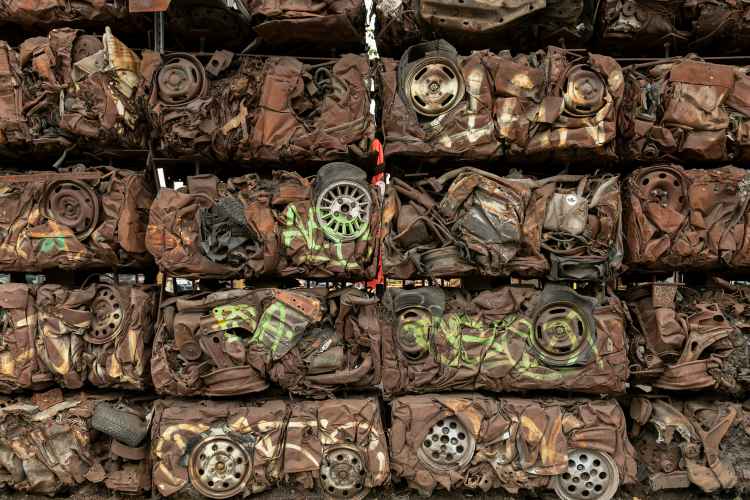
Metal recycling in India: The government has mandated that all new products made from non-ferrous metals must contain a minimum of 5% recycled content starting from the financial year 2028. This requirement is part of a detailed roadmap towards reducing industrial waste, with the target progressively increasing to 10% in FY29. By FY31, the goal is to achieve at least 10% recycled content for aluminium products, 20% for copper, and 25% for zinc. Non-ferrous metals, including aluminium, copper, and zinc, are resistant to rust.
If properly implemented, this move will not only reduce the country’s dependence on primary resources but also mitigate the environmental impacts of mining. The new rules are expected to significantly benefit the environment by reducing waste generated by the non-ferrous metal industry and promoting the recycling of scrap metals. Additionally, they are likely to create new opportunities within the recycling industry, generate employment, and advance India’s fight against climate change.
READ | NFRA pushes for revised ISA 600 to curb corporate frauds
The case for metal recycling
Recycling metals is not only a wise economic choice but also a critical component of the global fight against climate change. According to the World Economic Forum, the current market for secondary metals (i.e., recycled metals) is not well-aligned with efforts to combat climate change and ensure a steady supply of critical materials. This market faces imbalances, with some regions or countries producing more recycled metal than they use, while others rely heavily on imports.
For example, China processes approximately 3.5 million tonnes of copper scrap annually. However, only 60% of this copper scrap is sourced domestically; the remaining 40% is imported. China’s heavy reliance on foreign sources for copper recycling contributes to higher carbon emissions due to the global shipping of metal scraps, which is counterproductive to climate change goals.
The three non-ferrous metals—copper, zinc, and aluminium—are each valued for their unique properties. Aluminium, being lightweight and corrosion-resistant, is ideal for applications in transportation, packaging, and construction. Copper, renowned for its superior conductivity, is widely used in electrical wiring, plumbing, and various industrial processes. Zinc is commonly used as a protective coating to prevent corrosion in other metals and plays a crucial role in creating alloys like brass.
As the demand for energy-transition metals surges, significant investments in recycling will be necessary. Although there are many barriers to overcome, the opportunities are vast. The primary metal supply constraint is the first barrier in the energy transition, and recycling can help alleviate this challenge.
Steel and aluminium together account for nearly 10% of global emissions. Producing secondary aluminium typically results in a carbon footprint that is five to 25 times lower than that of primary production. Similarly, using scrap in steel production can reduce emissions by about half. Furthermore, recycling helps prevent reusable materials from ending up in landfills.
Indian companies can learn valuable lessons from Rio Tinto, a British-Australian multinational and the world’s second-largest metals and mining corporation. Originally a mining company, Rio Tinto acquired a 50% stake in Matalco, a leading producer of recycled aluminium billet. This acquisition gives Rio Tinto access to upstream scrap yards across North America, ensuring a low-carbon supply chain. The government’s latest directive has the potential to inspire new business models. Companies that recognise the opportunities and adapt accordingly can reap both economic and environmental benefits.
The Hazardous and Other Wastes (Management and Transboundary Movement) Second Amendment Rules, 2024, will come into effect on April 1, 2025. Notified by the Ministry of Environment, Forest, and Climate Change on August 20, these new regulations require non-ferrous metal producers to incorporate a specified percentage of recycled content in their products. Additionally, an Extended Producer Responsibility (EPR) framework has been introduced to ensure the environmentally sound management of scrap metals.
EPR certificates will allow producers to trade these certificates to meet their recycling targets. Environmental compensation will be imposed on producers who fail to meet their obligations. Registered recyclers will generate the certificates, which producers can purchase to comply with the recycling requirements. To ensure the effective implementation of the EPR framework, the Chairman of the Central Pollution Control Board will oversee its execution. The committee will include representatives from various ministries, industry associations, and other stakeholders, providing guidance to both producers and recyclers.
